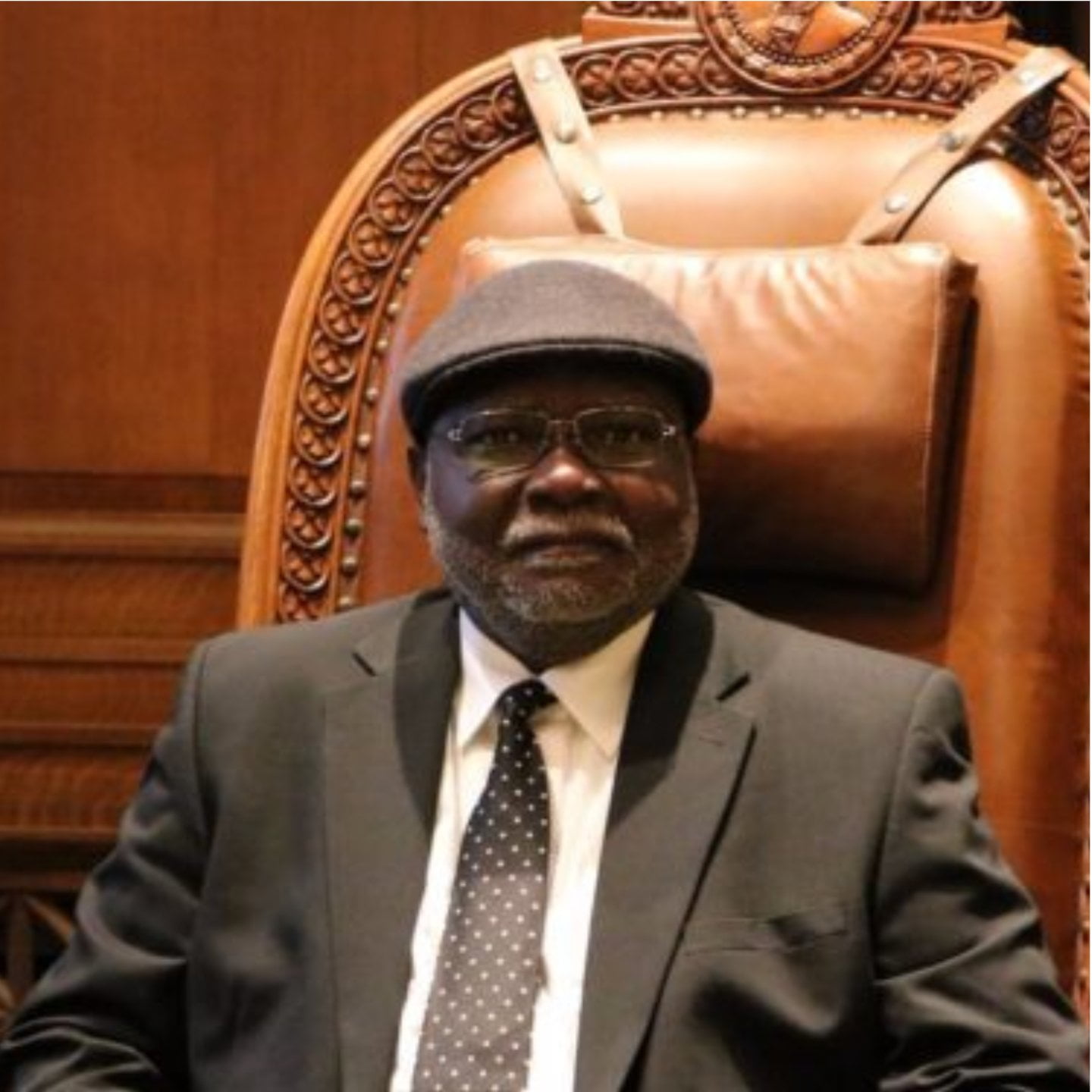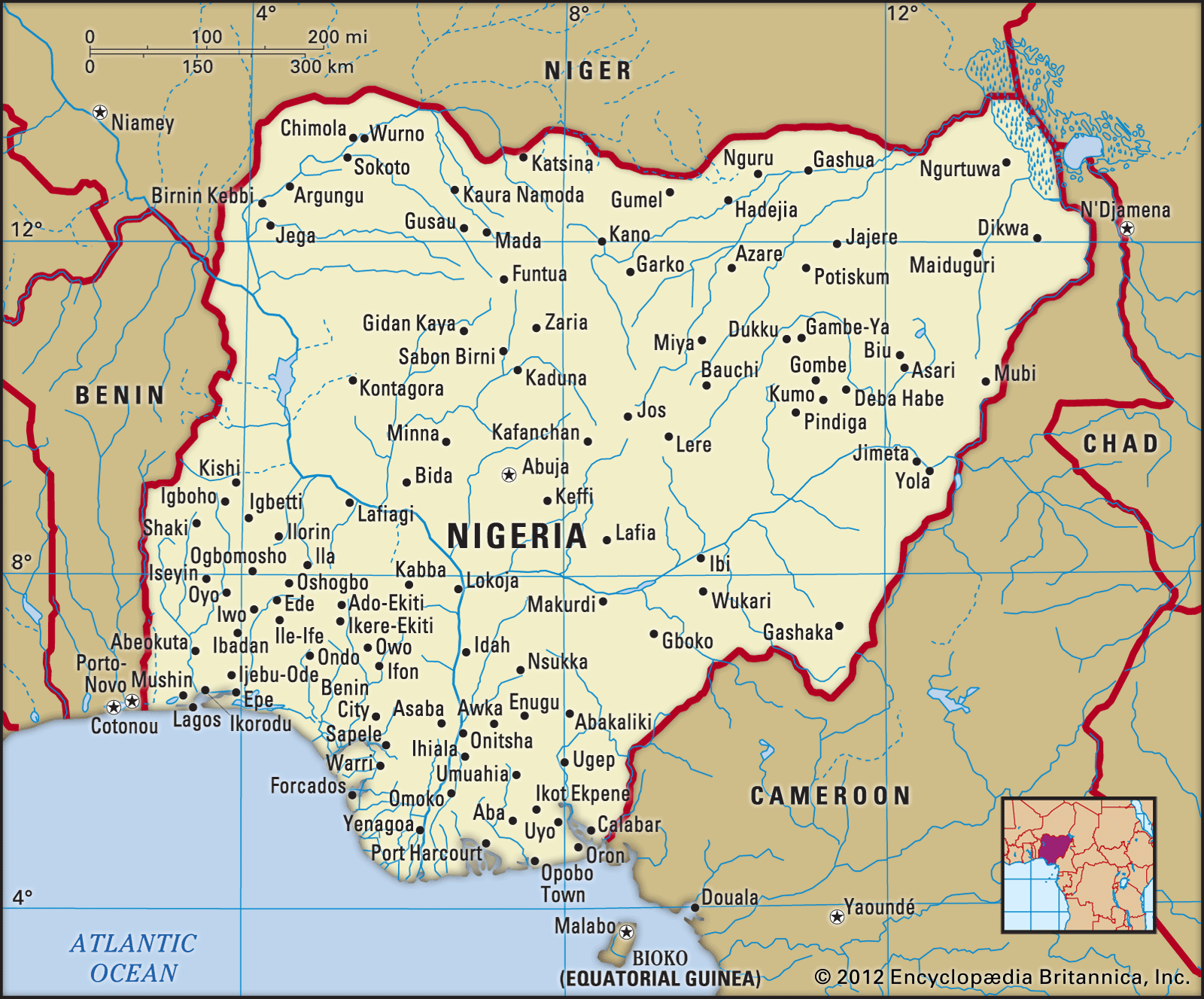Northern Nigeria is grappling with the resurgence of suicide bombings, a horrific tactic once prevalent but thought to be eradicated. Last Saturday, Gwoza community in Borno State was rocked by multiple suicide attacks, leaving over 30 people dead and 100 others injured. The sudden return of such violence has sent shockwaves through the region, prompting leaders and stakeholders to voice their deep concerns and call for urgent action.
Rev. John Joseph Hayab, former chairman of the Christian Association of Nigeria (CAN) and Country Director of the Global Peace Foundation Nigeria (GPFN), expressed his alarm at the resurgence. “The resurgence of suicide bombing amid serious economic hardship has sown fear and confusion. We are back to our worst nightmare. The Federal Government and our security agencies must triple their efforts before citizens are pushed to the wall,” he urged.
Alhaji Yerima Shettima, President General of the Arewa Youth Consultative Forum (AYCF), emphasized the broader implications of these attacks. “Suicide bombing not only disrupts daily lives but also hampers economic growth and development. We must build resilience within communities and promote social cohesion to prevent individuals from being radicalized,” Shettima stated.
The Middle Belt Forum (MBF) suggested that the recent attacks might have a political undertone. Dr. Bitrus Pogu, National President of MBF, pointed out, “The fact that the incident came when efforts were being made to return over 120,000 Gwoza indigenes from Cameroon is suspicious. Political interests may be behind this unnecessary insecurity to prevent their return.”
Anthony N.Z. Sani, former Secretary General of the Arewa Consultative Forum (ACF), highlighted the need for a multifaceted approach to combat terrorism. “The resurgence underscores that the previous administration merely tamed the terrorists but did not exterminate them. We need both punitive and preventive measures, addressing the root causes like poverty and ignorance,” Sani asserted.
Mallam Suleiman Abdul-Azeez of the Northern Elders Forum (NEF) stressed the importance of economic opportunities in preventing extremism. “Many recruited by terrorist groups are motivated by financial incentives. Sustainable economic development opportunities can provide viable alternatives. Additionally, fostering community resilience and promoting social cohesion are crucial,” Abdul-Azeez noted.
The return of suicide bombings has reignited fears and uncertainty in Northern Nigeria. Leaders are calling for immediate and comprehensive actions to address both the symptoms and root causes of terrorism, striving to restore peace and stability in the region.






